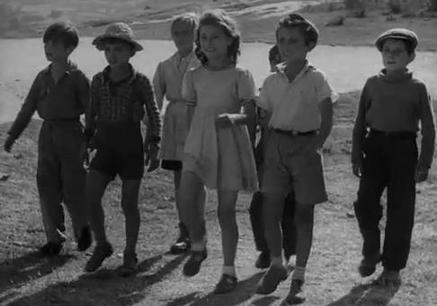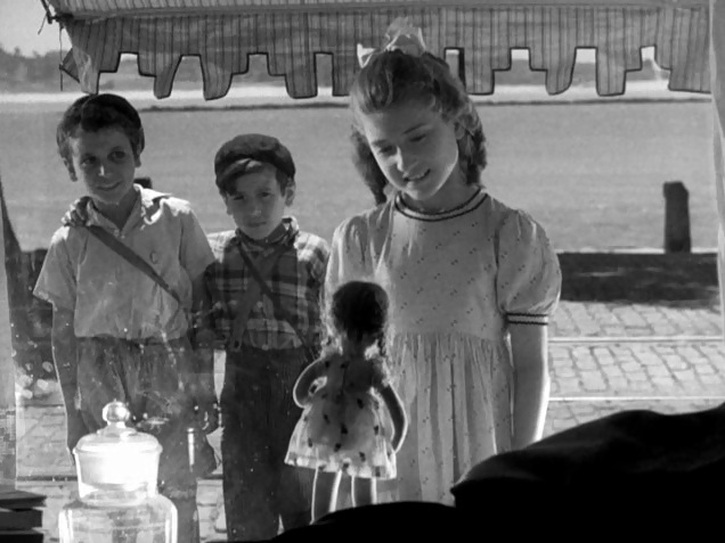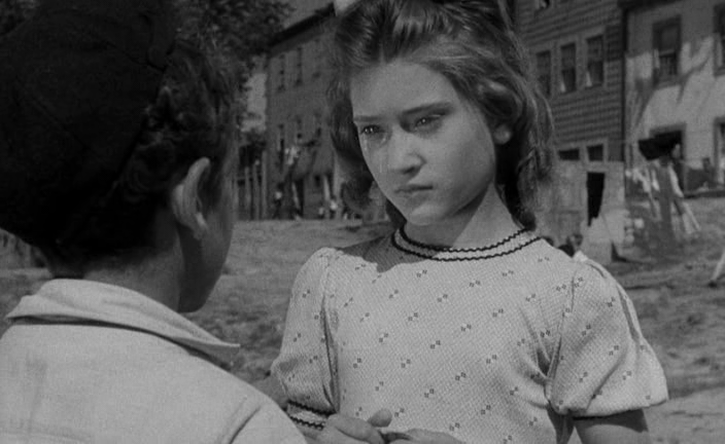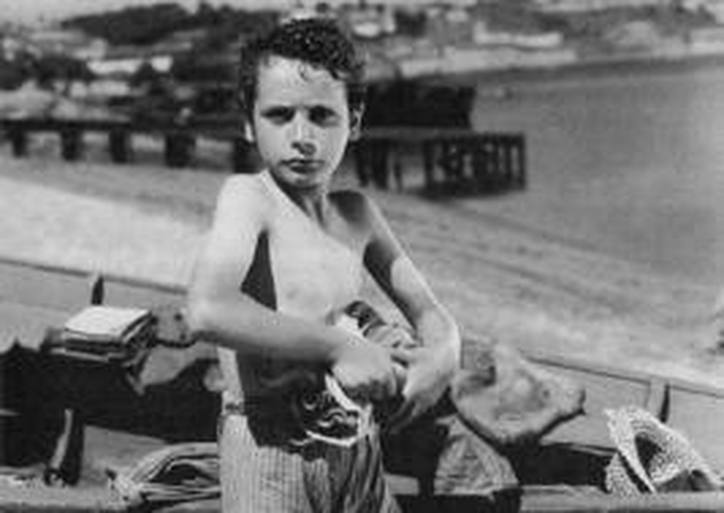 Carlitos, a shy, young boy, lives Porto, Portugal spending most of his time on the old streets near the banks of the Douro River. Carlitos has just been accepted into a gang of young kids with Terezinha, the one female of the group, instantly drawing his affection. In an effort to win Terezinha's affection, Carlitos' steals a doll from a local shop with the trouble being that Eduardo, the leader of the gang, also shares similar affection for Terezinha. Manoel de Oliveira's Aniki Bobo is a perfect example of a film that uses an incredibly simple premise to tell a profound and poetic tale of youth and innocence. Pre-dating Italian Neorealism, Aniki Bobo takes place almost entirely on the poor streets of Porto, following these children in their day to day interactions and hardships. The film manages to capture the free spirit of adolescence in such a pure form that it's hard for me to think of a another film which matches Bobo's genuine portrait of youthful exuberance. Through Carlitos, the innocence of youth is tested with Manoel de Oliveira using a few great, stylistic sequences to show the sense of guilt which Carlitos feels when he is tested by his actions. While it is hard to remember, as youth we sometimes don't understand the weight of our decisions on the outside world and with Carlitos, Aniki Bobo beautifully captures this notion. In a way I think Manoel de Oliveira wanted to capture how the streets themselves provide lessons to young children, as throughout Aniki Bobo we are shown very few parents or adults in general. At the mercy of the world around him, Carlitos learns a valuable lesson which will inevitably make him a stronger person because of it. If there is one word I would use to describe Aniki Bobo it would be cute, but make no mistake this film is a poetic and profound study of innocence as well. 8.5/10
0 Comments
Leave a Reply. |
AuthorLove of all things cinema brought me here. Archives
June 2023
|



 RSS Feed
RSS Feed
